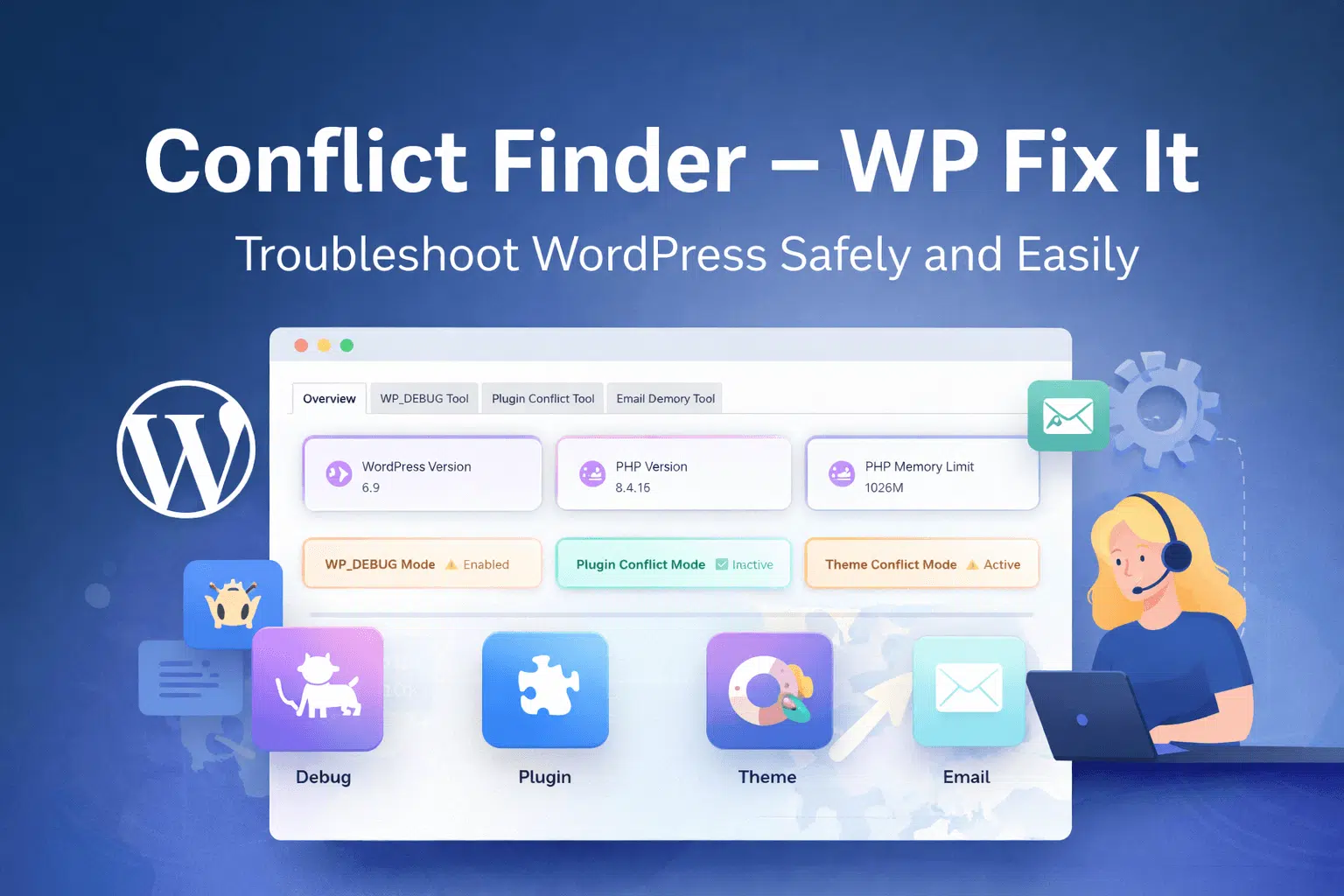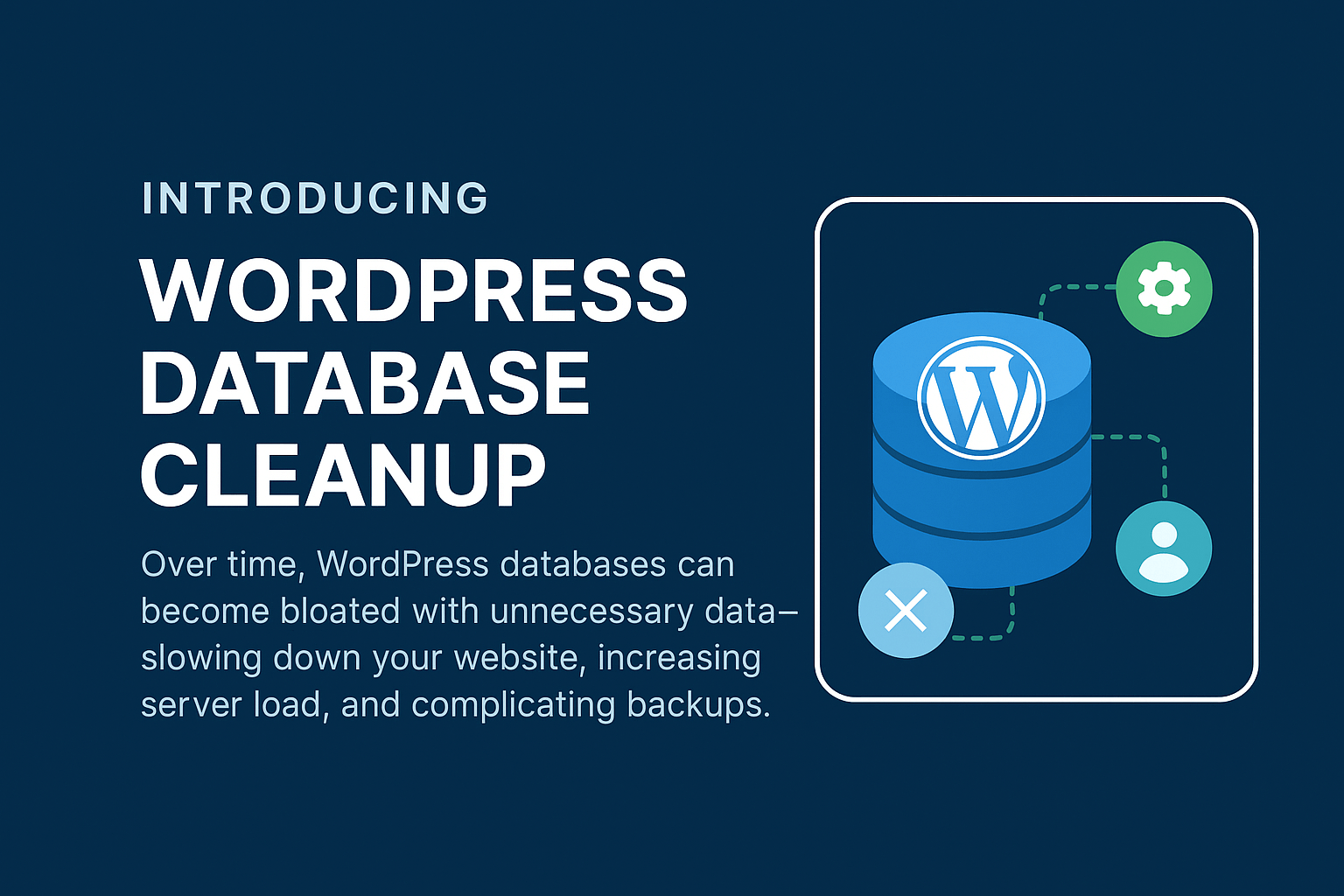WordPress and its competitors. Competition or exchange of experience in other CMS platforms?
The world online content marketing is dominated by WordPress and everybody knows that. The platform caused a sensation when it was released in the early 2000s and has grown in popularity since. In fact, more than seventeen percent of all websites out are powered by WordPress.
Due to its tremendous popularity and impressive functionality, WordPress gets most of the conversations about content management. Most of the people recommend using it to build websites for the same reasons as well.
However, it would be unfair to concentrate on WordPress while taking about CMS technology since there are many other similar platforms. And, as strange as it may sound for some, they are competitive even with our popular giant.
Let’s take a look at other CMS out there that are forming the competition.

1. Joomla – Other CMS Platforms
Last year, this CMS celebrated its 10th birthday. It was released just a few years after WordPress and has grown into a multipurpose strong CMS with an impressive reputation. The community of Joomla users includes thousands of developers and website owners (around 3.3 percent of all websites are powered by this CMS).
Like a well-written papers, the functionality of Joomla deserves the highest grade. Not only the platform features all things WordPress can do but also has templates and extensions. As the result, they make Joomla a legitimate competitor.
Popular Sites Using Joomla: Harvard, Notre Dame, The Hill, the UN, Linux
2. Drupal – Other CMS Platforms
The next competitor is not as fierce as Joomla with just 2.2 percent running it (that’s 4.7 percent of all websites with CMS). However, the popularity of the platform has grown since the release of the latest versions with comprehensive functionality.
Drupal is widely perceived as a complex system designed for those who have a background in web development. It does not feature a lot of templates or themes because it uses a completely different approach to creating stuff by using modules.
Popular Sites Using Drupal: Rush University Medical Center, Tesla Motors, Los Angeles City, University of Oxford, the White House, and Emmy.
3. Medium – Other CMS Platforms
This is a publishing platform that also has been in the shadow of WordPress since the first day. However, it has a number of great functions that will impress you. First, it is a remarkable import tool that makes publishing ridiculously easy. Second, it has a built-in audience that automatically connects with the user thanks to Medium social media feature.
Third, the platform tells the user how many people viewed the publications and how many read to the end. Fourth, it doesn’t even require original content to be published.
4. Jekyll – Other CMS Platforms
Another competitor that has been disregarded by many because of its complexity. For example, this static site generator is written in Ruby and requires NodeJS to run. However, the functionality of Jekyll is pretty amazing: it can generate HTML pages just by having a text without the database requirement.
As you have probably realized, Jekyll’s audience is web developers and other people with a web-related background.
5. Shopify – Other CMS Platforms
As great as WordPress is, it cannot be used to create a really good online store. The truth is, it was created for other purposes, so even plugins like WooCommerce cannot provide all functionality needed for ecommerce. Shopify is one of the best alternatives for those who need to build an online store because it provides all the tools needed for this task.
The platform comes with simple tools for setting up an online store, such as delivery, customer service, complaints, and many more others. It also has apps and templates.
6. Blogger – Other CMS Platforms
Next on our list is Blogger, a blogging platform developed by Google. The number of sites using Blogger is nowhere near the number of WordPress-powered ones (just 280,000). However, it comes highly recommended for first-time bloggers who need a small and simple platform for writing online.
The simplicity of Blogger is perhaps the main advantage of the platform. By allowing to create and run a blog in a matter of hours, it saves a lot of time for novice bloggers. Another great advantage is customization. Blogger’s drag and drop system enables users to design a custom look of their blog quickly and efficiently.
7. Squarespace – Other CMS Platforms
The last but not least is a hosted site builder Squarespace. It works just like Weebly but has a richer functionality, including fully customized templates. With this tool, anyone can build a pretty decent website very quickly and painlessly.
So in conclusion…
The situation on the CMS battlefield is quite obvious: WordPress holds the leadership position while others are trying very hard to tip the scales in their direction. However, no competitor from this list has even come close to matching WordPress, let alone beating it as the world’s most popular CMS. Yet.
That does not mean we should disregard alternatives but rather appreciate the diversity of the industry. The future looks bright for Joomla, Drupal, and others, so let’s wait a bit and see what happens.

















